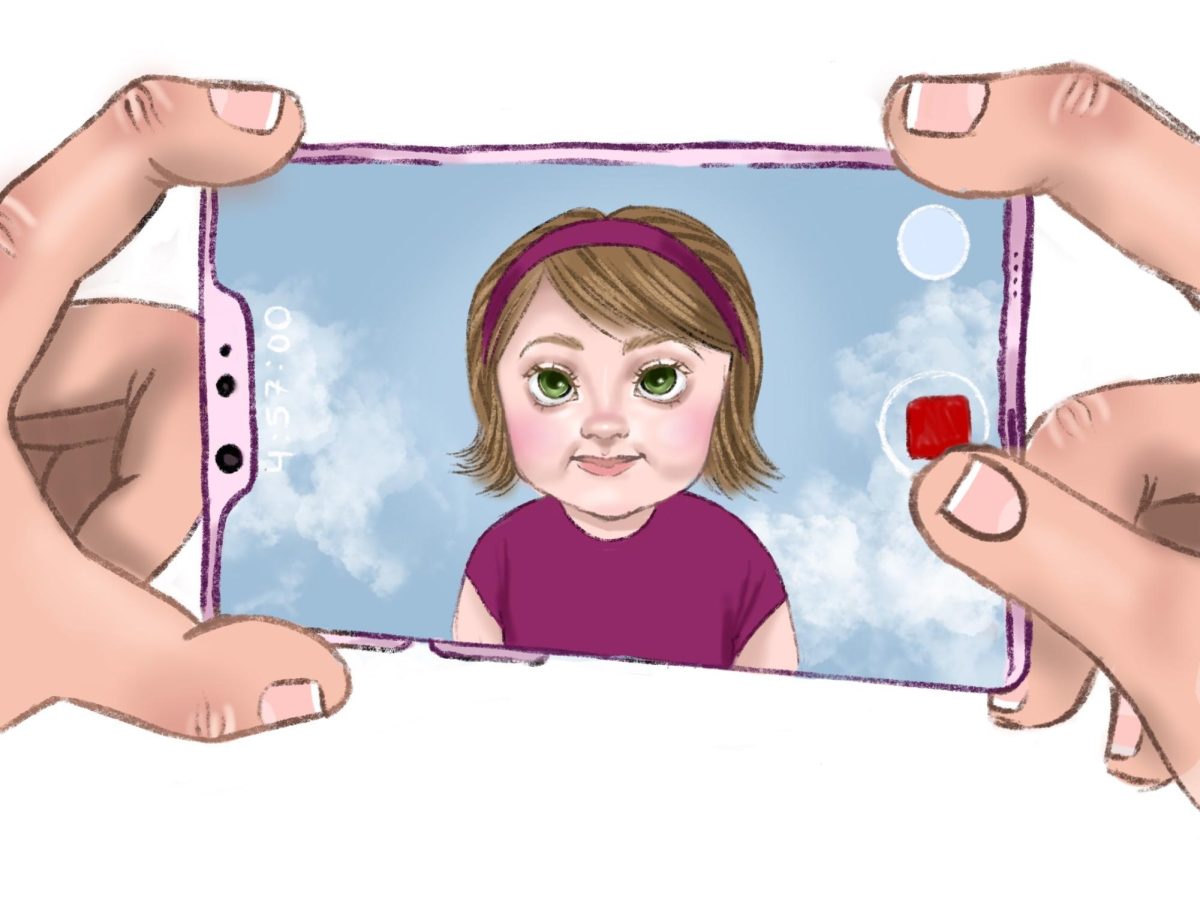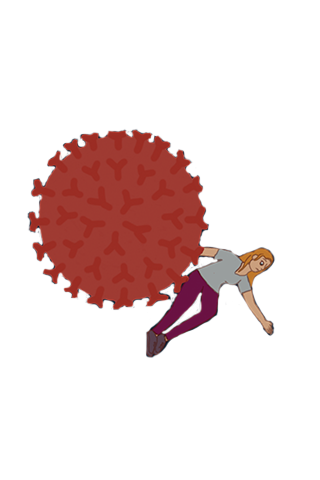Teens may be self-centered, entitled and obnoxious at times, but they do not, by any means, lack feelings. This is a fact that some teachers seem to forget. Embarrassing students and making them feel stupid, singling students out in front of their peers and making fun of students in a mean manner are all inexcusable behaviors that certain teachers at South have been known to exhibit.
An Oracle-conducted survey of 158 students revealed that an astonishing 90 percent claimed to have had what they would deem a “disrespectful teacher” (citing the aforementioned as criteria). Of this 90 percent, 97 percent said that their teacher’s behavior bothered or upset them.
Surprisingly, most students lacked the hostility that one would expect when reading anonymous comments by high school students about their teachers. What was present, however, were hurt feelings and anguish.
One anonymous student articulated the mortification they suffered in class.
“I’ve started crying at least four different days in class because [my teacher] makes me feel so unbelievably stupid in front of all of my classmates […] A teacher who makes you feel stupid isn’t a good teacher. Pick a different job, please.”
Oftentimes, teachers don’t realize how one hurtful comment can deeply hurt a student. My aim is not just to call out the few teachers at South who are well-known for exhibiting various forms of disrespectful behavior, but also to remind all of the other great teachers at South of how impactful their behavior can be on students.
Though I’ve never had a problem challenging authority, my problem lies with the abuse of such power. I reject the concept that students should always act in unwavering deference to their superiors, regardless of how poorly such “professionals” may treat them. You can’t expect respect if you don’t give it.
My objections to disrespectful treatment by teachers manifested into a situation with a teacher at South. From the first day of class, I knew it would not turn out well. Not only did my teacher seem to exude arrogance, but I immediately detected that his teaching style included the embarrassment and belittlement of students.
After several outwardly rude and degrading displays (including extremely sarcastic questions and my favorite—looking around at the rest of the students in the room when a student would ask a question, motioning like it was the stupidest thing he’d ever heard), I asked him why he was trying to embarrass me in front of the entire class as his tone seemed rude, not lighthearted.
This led to him apologizing, and then asking me to apologize. I just couldn’t comply, explaining he probably didn’t want to receive an empty apology, considering I had no idea what I would be apologizing for. After being sent into the hall and a 10-minute conversation, nothing was resolved.
Though he would most likely still argue that I was rude, I would describe it more as indignant and reactive. I couldn’t help but get outwardly upset, and his issue seemed to lie more within me calling him out in front of his class than anything else.
When describing teachers earlier, I used the word professionals for a reason. When faced with teachers that are completely rude to students, I find myself wanting to ask: Why on earth did you decide to become a high school teacher if you seem to hate teenagers?
Teachers are supposed to cultivate learning, inspire students and encourage their success. Luckily for all of us at South, the extreme majority of teachers do just that and a whole lot more.
For those who don’t, or sometimes forget, I hope to evoke a sense of awareness and convey the idea that teachers can’t treat their students however they please and expect absolute respect in return. I also hope to remind teachers of the potential damage their behavior can inflict on students.
It is without a doubt that teachers have the potential to shape teenagers’ lives in immensely positive ways, and as far as I’m concerned, it should be every teacher’s goal to do just that.







